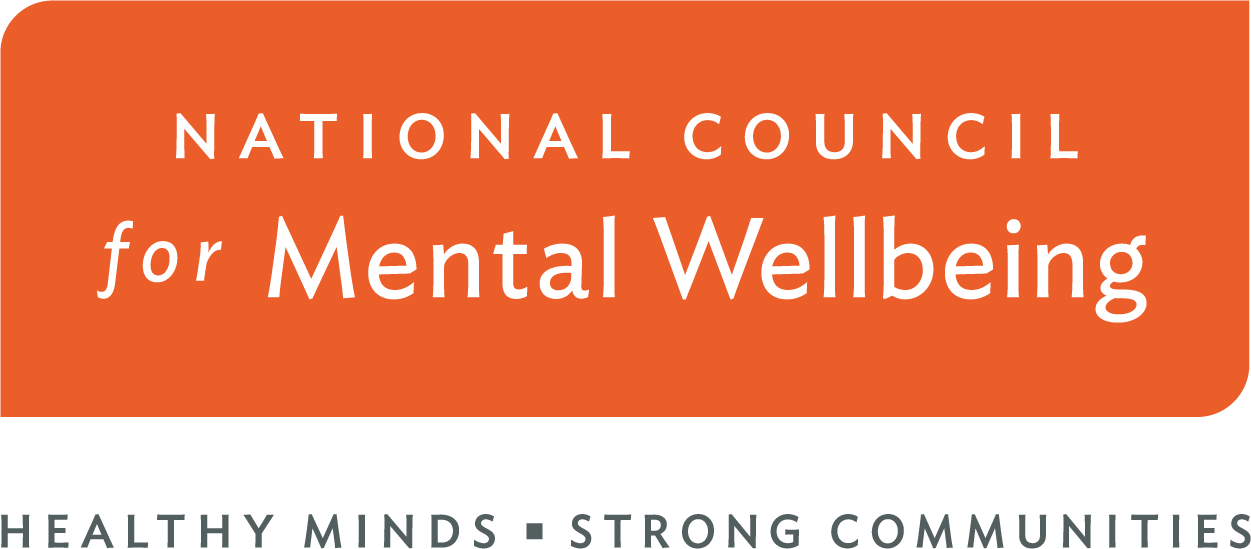FOR IMMEDIATE RELEASE
Contact:
Sophia Majlessi
SophiaM@TheNationalCouncil.org
(202) 621-1631
The National Council for Mental Wellbeing Surveyed 880 Community Behavioral Health Care Organizations Across the Country. The Results Show Emergency Funding Needed to Keep their Doors Open
WASHINGTON, D.C. (April 16, 2020) – Community behavioral health organizations (CBHOs) treating mental health and substance use disorder (SUD) patients are in danger of closing their doors because of the economic carnage caused by the COVID-19 pandemic.
A wave of closures would make the nation’s growing mental health and addiction crisis dramatically worse.
According to an online survey conducted by ndp | analytics and the National Council for Mental Wellbeing, nearly two-thirds of CBHOs believe that they can only survive financially for three months or less under the current COVID-19 conditions, and nearly half of all behavioral health organizations across the country already have cut positions.
“This is the tip of the iceberg,” said National Council for Mental Wellbeing President and Chief Executive Officer Chuck Ingoglia. “We are only one month into this pandemic, and it already has crippled the ability of behavioral health care providers to offer lifesaving treatment and services to patients. If we can’t handle demand from people who are struggling with depression, anxiety or substance use disorders today, there is no way we will be able to handle the crushing demand for behavioral health care we know is on the way.”
Additional highlights from the survey regarding key challenges CBHOs face due to the COVID-19 pandemic include:
- Program and Patient Impact: Organizations have cancelled, rescheduled or turned away 31.0% of patients and 61.8% have closed at least one program. Nearly all (92.6%) have reduced their operations. The impacts are more severe for smaller organizations (serving 2,000 patients or fewer annually) that have cancelled, rescheduled or turned away 36.1% of patients.
- Employment Impact: 46.7% have had to, or plan to, lay off or furlough employees as a result of COVID-19. Layoffs and furloughs are most prevalent at larger organizations (serving more than 8,000 patients annually) where 49.8% have had to, or plan to, layoff or furlough employees.
- Personal Protective Equipment (PPE): 82.9% do not have enough PPE for two months of operations. Lack of PPE is most prevalent at medium-sized organizations (serving between 2,000 and 8,000 patients annually) where 86.5% of organizations do not believe they have enough PPE for two months.
- Resilience: 62.1% believe that they can only survive financially for three months or less under the current COVID-19 conditions. Only 9.4% of organizations believe they could survive a year or more. While 12.9% of larger organizations expect to survive past the one-year mark, only 6.0% of smaller organizations believe that is possible.
Earlier this month, the National Council for Mental Wellbeing made a request to Congress for emergency funding in the amount of $38.5 billion to avert the collapse of behavioral health organizations nationwide. The funding request followed a plea to Vice President Mike Pence to help locate PPE for behavioral health care providers.
“This data confirms our decision to make an emergency funding request of $38.5 billion for behavioral health care providers,” said Ingoglia. “And it confirms that the pandemic is responsible for arguably our greatest economic challenge ever.”
The online survey was conducted jointly by ndp | analytics and the National Council for Mental Wellbeing from April 6 to April 12, 2020. This quantitative analysis is based on survey of 880 behavioral health organizations located across the United States. Click here for the results.
###
About the National Council for Mental Wellbeing
The National Council for Mental Wellbeing is the unifying voice of America’s health care organizations that deliver mental health and addictions treatment and services. Together with our 3,326 member organizations serving over 10 million adults, children and families living with mental illnesses and addictions, the National Council is committed to all Americans having access to comprehensive, high-quality care that affords every opportunity for recovery. The National Council introduced Mental Health First Aid USA and more than 2 million Americans have been trained.
About ndp | analytics
ndp | analytics is a strategic economic and communication research firm. Their research approach is data-driven, robust, and transparent. By uniting rigorous analysis with clear communication, we turn data into action.
About The National Council
Founded in 1969, the National Council for Mental Wellbeing is a membership organization that drives policy and social change on behalf of over 3,400 mental health and substance use treatment organizations and the more than 10 million children, adults and families they serve. We advocate for policies to ensure equitable access to high-quality services. We build the capacity of mental health and substance use treatment organizations. And we promote greater understanding of mental wellbeing as a core component of comprehensive health and health care. Through our Mental Health First Aid (MHFA) program, we have trained more than 3 million people in the U.S. to identify, understand and respond to signs and symptoms of mental health and substance use challenges.
